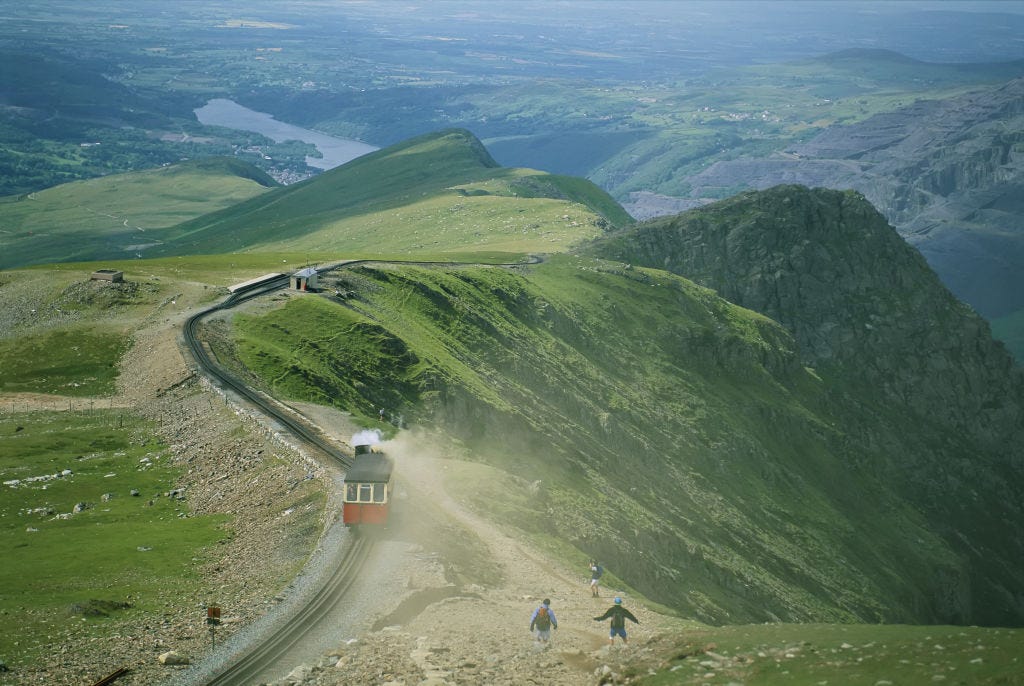Snowdon the setting as Wales aim to climb mountain at Euros
Yr Wyddfa will be the setting for Rhian Wilkinson's side as women's football in Wales continues to rise
Wales’ squad for their maiden European Championships is set to be announced on Thursday, but it certainly won’t be your regular, run-of-the-mill announcement.
Rhian Wilkinson will name her 23-person roster on top of Yr Wyddfa (Snowdon). Throughout the qualify…
Keep reading with a 7-day free trial
Subscribe to The Cutback to keep reading this post and get 7 days of free access to the full post archives.





